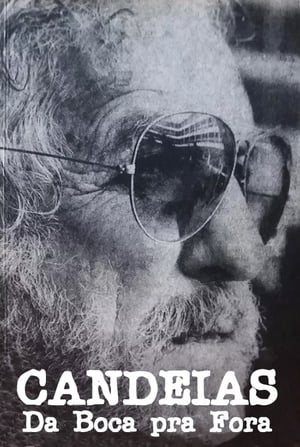
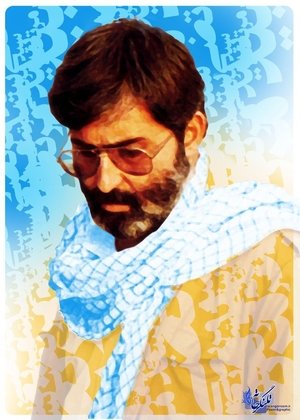
Chronicles of Victory(1986)
War documentary
Ravayat-e Fath, variously translated as The Chronicles of Victory, The Tales of Victory, The Narrative of Victory, The Narration of Victory, The Story of Victory, and Witness to Glory, was a war documentary television series directed by Morteza Avini and filmed on the front lines of the Iran–Iraq War of the 1980s.
Movie: Chronicles of Victory

روایت فتح
HomePage
Overview
Ravayat-e Fath, variously translated as The Chronicles of Victory, The Tales of Victory, The Narrative of Victory, The Narration of Victory, The Story of Victory, and Witness to Glory, was a war documentary television series directed by Morteza Avini and filmed on the front lines of the Iran–Iraq War of the 1980s.
Release Date
1986-01-11
Average
0
Rating:
0.0 startsTagline
War documentary
Genres
Languages:
فارسیKeywords
Similar Movies
 9.0
9.0The Last Days of Winter(fa)
The Last Days of Winter is an Iranian television documentary series directed and written by Mohammad Hossein Mahdavian, which aired on IRIB TV1 from 28 September to 6 December 2012 for 10 episodes.
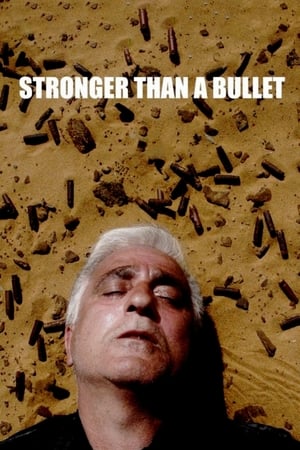 8.0
8.0Stronger Than a Bullet(en)
Iran, January 16th, 1979. Shah Mohammad Reza Pahlavi flees after being overthrown. Ayatollah Khomeini returns to Tehran and proclaims the Islamic Republic on April 1st, 1979. In the same year, Saddam Hussein seizes power in Iraq and, after several border skirmishes, attacks Iran on September 22nd, 1980, initiating a cruel war that will last eight years. Since its outbreak, correspondent Saeid Sadeghi documented it from its beginning to its bitter end.
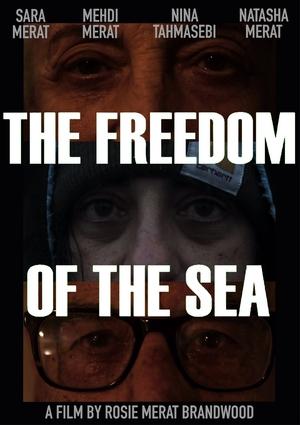 0.0
0.0The Freedom of the Sea(en)
The Freedom of the Sea is a short documentary highlighting the freedom of living in the UK - in contrast to a more restrictive life in Iran - through the joy of daily sea swimming in Brighton.
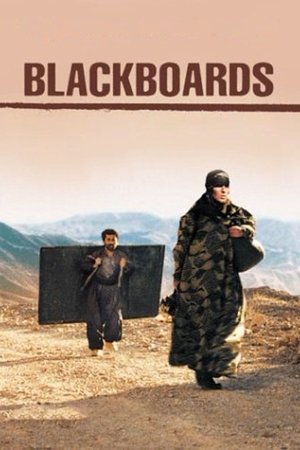 6.6
6.6Blackboards(fa)
Itinerant Kurdish teachers, carrying blackboards on their backs, look for students in the hills and villages of Iran, near the Iraqi border during the Iran-Iraq war. Said falls in with a group of old men looking for their bombed-out village; he offers to guide them, and takes as his wife Halaleh, the clan's lone woman, a widow with a young son. Reeboir attaches himself to a dozen pre-teen boys weighed down by contraband they carry across the border; they're mules, always on the move. Said and Reeboir try to teach as their potential students keep walking. Danger is close; armed soldiers patrol the skies, the roads, and the border. Is there a role for a teacher? Is there hope?
Maryam's Report(fa)
Dr. Parsa and his daughter, Bahar, are on the way to Khoramshahr to set up a specialized hospital there. It seems their cold relationship is related to this journey. Reaching there, Bahar finds a diary of a girl at her age called Maryam which was written in the same day, 30 years ago; 2 days before the first day of schools, and also the start of Iran-Iraq war! The girlish joy that Maryam describes in the first pages of the diary, the sudden invasion of enemies to their town, and finally her love story which is mentioned in the diary, motivates Bahar to continue reading it. Maryam was in love with a young intern who was working in the town's only clinic. Now Bahar thinks that the intern could be his father.
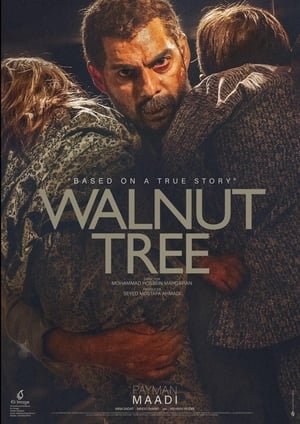 7.0
7.0Walnut Tree(ku)
Qader, a bricklayer from Sardasht in Kurdistan Iran whose wife is pregnant with her 4th child, suddenly found himself amid a war crime perpetrated by the Saddam regime. On June 28th, 1987 Iraqi air fighters dropped mustard gas bombs on the city...
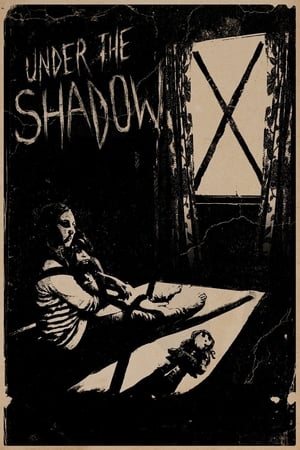 6.5
6.5Under the Shadow(fa)
After Shideh's building is hit by a missile during the Iran-Iraq War, a superstitious neighbor suggests that the missile was cursed and might be carrying malevolent Middle-Eastern spirits. She becomes convinced a supernatural force within the building is attempting to possess her daughter Dorsa, and she has no choice but to confront these forces if she is to save her daughter and herself.
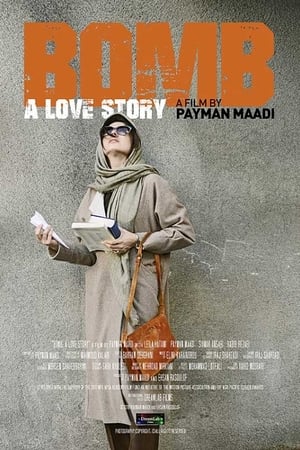 6.8
6.8Bomb: A Love Story(fa)
It’s 1988 and, at the height of the Iran-Iraq War, Tehran is bombed relentlessly. The days that pass are full of foreboding, and yet, love, affection, hope and life itself manage to sweep away the fear of death from those surrounded by it. Love may often be difficult to comprehend, but death is a horrible certitude. ‘Bomb, A Love Story’ shows how, even when faced with the darkness of death, love and hope will find a way.
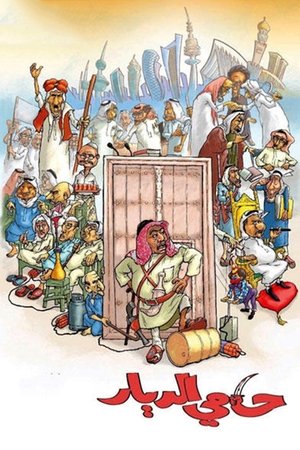 8.0
8.0Home Protector(ar)
A political and social play in which the old narrator preaches and guides during the Iran-Iraq war, the bombings that occurred in Kuwait and the attempted assassination of the Emir of the State of Kuwait during that period, and the clear difference in opinions between support for stopping the war on Iran and the positions of the President of Iraq.
And life went on(fa)
All the neighbours rush dawn the basement/Shelter. So what is going to happen at this shelter? would every woman cry and scream whilst every man shivers and chews his moustache with rage and fear?.....You will be surprised!
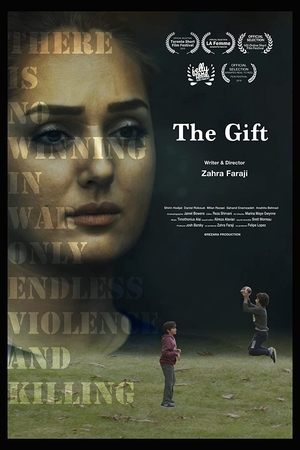 0.0
0.0The Gift(en)
Excited to attend Fareed's birthday party, Danny finds out why his mom is concerned about this friendship. Danny has to decide between satisfying his mom or keeping the friendship.
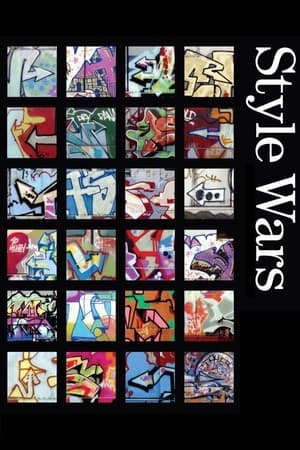 7.4
7.4Style Wars(en)
Tony Silver and Henry Chalfant's PBS documentary tracks the rise and fall of subway graffiti in New York in the late 1970s and early 1980s.
 6.2
6.2Wal-Mart: The High Cost of Low Price(en)
This documentary takes the viewer on a deeply personal journey into the everyday lives of families struggling to fight Goliath. From a family business owner in the Midwest to a preacher in California, from workers in Florida to a poet in Mexico, dozens of film crews on three continents bring the intensely personal stories of an assault on families and American values.
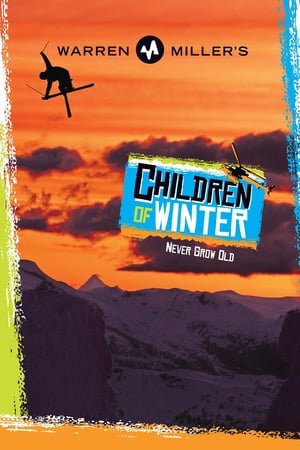 4.8
4.8Children of Winter(en)
Warren Miller's Children of Winter showcases incredible cinematography that will get you craving deep powder, fresh lines, and outrageous adventure! It will take you on a daring escape to electrifying global destinations, including Japan, Austria, Iceland, and more! Don't forget to breathe as snowboarding's Olympic Gold Medalist Seth Westcott charges down the Alaskan backcountry, as surf legend Gerry Lopez shreds the Oregon steeps, and as Chris Anthony takes on Leadville Colorado's legendary Skijoring competition.
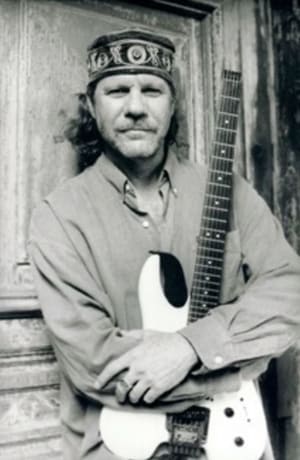 0.0
0.0So Near... So Far(en)
The young American Pablo Menéndez came to Cuba to study Music at the National School of Art. Here he formed a family and became one more Cuban. Member of the Sound Experimentation Group of ICAIC and promoter of the teaching of the electric guitar in Cuba, he is, together with his group Mezcla, one of our most original musicians.
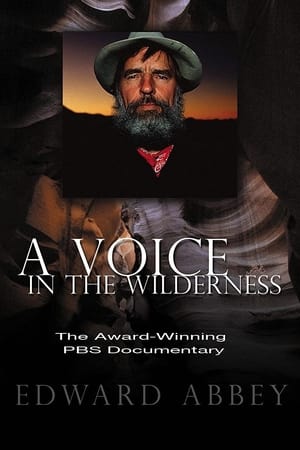 0.0
0.0Edward Abbey: A Voice in the Wilderness(en)
When Edward Abbey died in 1989 at the age of sixty-two, the American West lost one of its most eloquent and passionate advocates. Through his novels, essays, letters and speeches, Edward Abbey consistently voiced the belief that the West was in danger of being developed to death, and that the only solution lay in the preservation of wilderness. Abbey authored twenty-one books in his lifetime, including Desert Solitaire, The Monkey Wrench Gang, The Brave Cowboy, and The Fool's Progress. His comic novel The Monkey Wrench Gang helped inspire a whole generation of environmental activism. A writer in the mold of Twain and Thoreau, Abbey was a larger-than-life figure as big as the West itself.
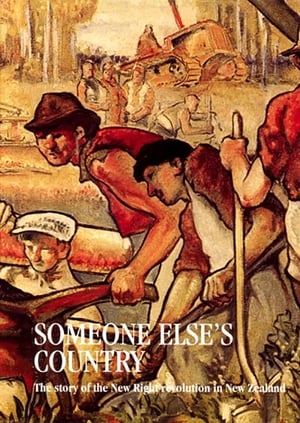 0.0
0.0Someone Else's Country(en)
Someone Else’s Country looks critically at the radical economic changes implemented by the 1984 Labour Government - where privatisation of state assets was part of a wider agenda that sought to remake New Zealand as a model free market state. The trickle-down ‘Rogernomics’ rhetoric warned of no gain without pain, and here the theory is counterpointed by the social effects (redundant workers, Post Office closures). Made by Alister Barry in 1996 when the effects were raw, the film draws extensively on archive footage and interviews with key “witnesses to history”.
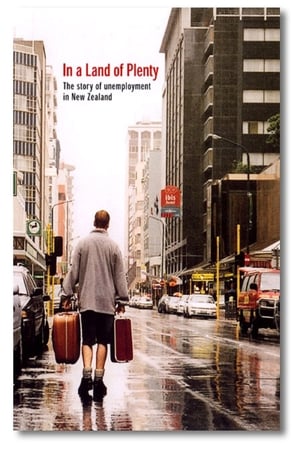 0.0
0.0In a Land of Plenty(en)
The story of unemployment in New Zealand and In A Land of Plenty is an exploration of just that; it takes as its starting point the consensus from The Depression onwards that Godzone economic policy should focus on achieving full employment, and explores how this was radically shifted by the 1984 Labour government. Director Alister Barry's perspective is clear, as he trains a humanist lens on ‘Rogernomics' to argue for the policy's negative effects on society, as a new poverty-stricken underclass developed.
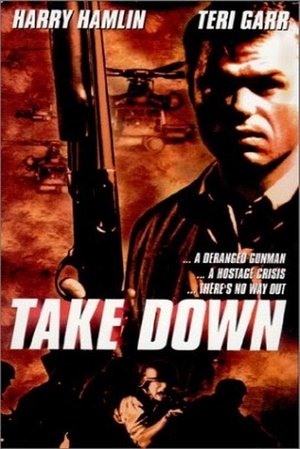 10.0
10.0Deliver Them from Evil: The Taking of Alta View(en)
A man (Rick Worthington) assaults the Alta Vista Hospital taking four women, a man and two babies as hostages. He wants to kill Dr. Garrick, who, according to Worthington, ruined his life sterilizing his wife. He threatens to detonate a bomb. Based on a true story.
